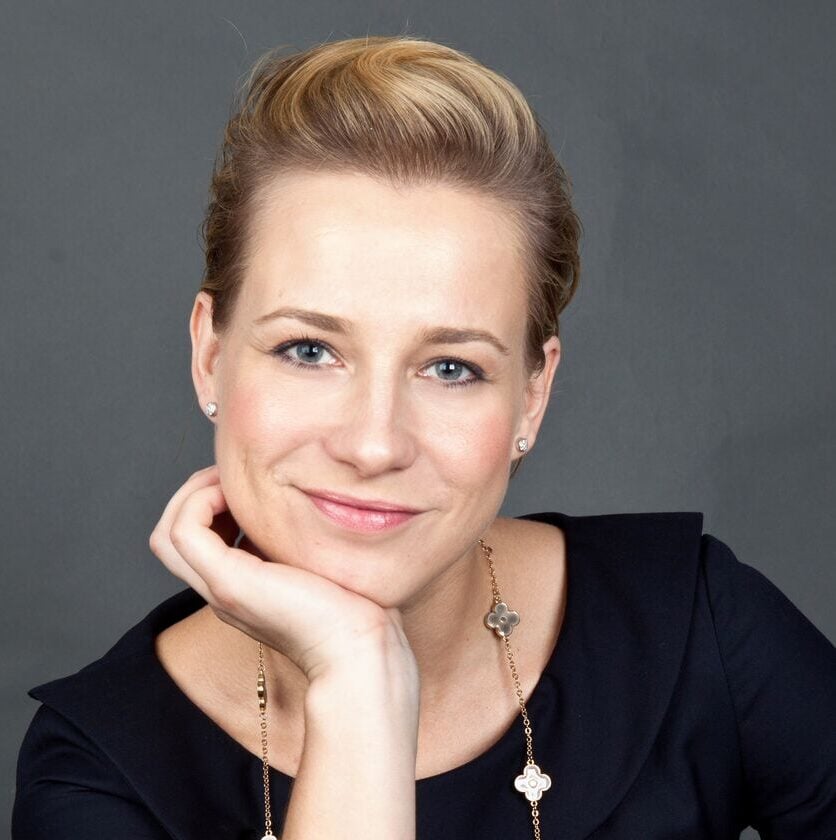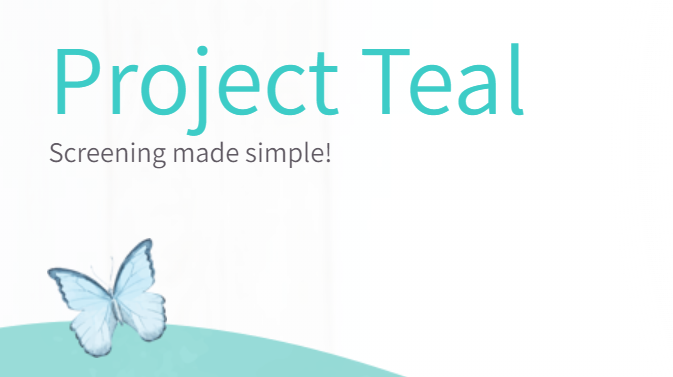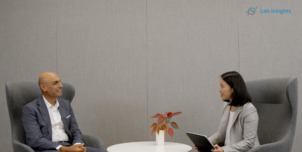To find out more about the Karen Leung Foundation and the work they do, please click here.
In Hong Kong, cervical cancer ranked as the 8th most common cancer and cause of mortality amongst women in 2019 [1]. Despite a national screening programme implemented in 2004, studies show that close to 40% of women have never been screened before in their lives [2]. With cervical cancer incidence increasing, there is a clear need for action to drive HPV awareness and education, as well as to improve screening rates, especially in underserved communities.
One NGO that is filling this gap is The Karen Leung Foundation (KLF), the only charity in Hong Kong dedicated to tackling gynaecological cancers, including cervical cancer. Through Project Teal and other initiatives, it is partnering with key stakeholders to increase access to cervical cancer diagnostics in various communities.
To learn more about their efforts toward eradicating this preventable disease, Lab Insights recently spoke to Katharina Reimer, Executive Director of the Foundation.
Project Teal: the Foundation’s flagship programme
Project Teal started in 2015 as a multi-stakeholder initiative with a focus on prevention, one of the three core pillars KLF is active in — awareness, prevention and care. Among its many efforts, the Foundation tends to place a greater emphasis on awareness and prevention. “With all the tools available to fight cervical cancer, we hope that it does not escalate to the care and support level,” says Reimer.
Despite the importance of awareness and prevention, Reimer highlights several key challenges to cervical cancer screening in Hong Kong. First, conversations around sexual health can be a taboo topic culturally, and women may face social stigma for discussing it. Second, women may anticipate that screening methods could cause pain. Third, it’s often hard to schedule an appointment through publicly funded programmes.
Through Project Teal, Reimer is working to overcome these challenges and make prevention more of a priority in the fight against cervical cancer. In Phases I and 2 of the project, the outreach team focused on recruiting and educating women about HPV, increasing accessibility to and providing screening procedures that save lives.
In parallel with these efforts, the Karen Leung Foundation also works with its partners to conduct studies, collect data and recommend policies and interventions to the government. In collaboration with the Chinese University of Hong Kong, for example, KLF successfully influenced policy and was able to start the process of providing HPV vaccination for eligible school girls [3]. As of 2019, Hong Kong has included the HPV vaccine under its national childhood immunisation programme [4].
The power of self-sampling
Phase 3 of Project Teal, which unfolded during the COVID pandemic, incorporated self-sampling to reduce barriers to screening even further. After reaching out to various demographics via social media, schools and communities, the project enrolled close to 600 participants, achieving a return rate of close to 65% and generating data that will help inform future, larger-scale screening efforts.
Among the participants, several women were found to have high-risk HPV infections and were immediately sent for follow up and treatment. It was also found that almost 90% of women were willing to repeat the self-sampling process as it was safe, effective and most importantly, carried out in the privacy of one’s home.
During this phase, COVID-19 forced many physical efforts onto online avenues such as telehealth apps and educational webinars. Yet where possible, volunteers safely carried out in-person outreach efforts, which yielded the greatest response amongst the different outreach arms in Phase 3. “I think there is a certain level of comfort one gets from physical contact or face to face,” says Reimer.
As COVID-19 has popularised the use of rapid antigen tests and raised awareness about self-testing approaches, Reimer believes that many women are more inclined than ever to try self-sampling HPV tests. This method offers greater convenience, particularly for working mothers with busy schedules and childcare needs, as well as more privacy for those that may feel uncomfortable performing an HPV test in a clinic.
Normalising the conversation for every stakeholder
While gynaecological cancer is hardly a topic for everyday conversation, Reimer believes that encouraging open dialogue about the issue—including among men—will make a big difference in awareness and prevention efforts. Such dialogue might encourage employers to offer better benefits, such as paid time off to participate in screening, in turn encouraging more women to get tested. It might also inspire husbands and partners to provide support in this process.
Reimer also is a founding member of the Asia Pacific HPV coalition, a think tank that comprises different experts across APAC. Together, they are working to educate the broader healthcare community about the specifics of HPV related diseases, including cervical cancer. With greater awareness, the entire clinical community can be mobilised to provide the information and services necessary to eradicate a preventable disease.
References:
[1] Centre for Health Protection, Department of Health, The Government of the Hong Kong Special Administrative Region, Cervical Cancer health topic.
[2] Ngu, S., Lau, L., Li, J., Wong, G., Cheung, A., Ngan, H. and Chan, K., 2022. Human Papillomavirus Self-Sampling for Primary Cervical Cancer Screening in Under-Screened Women in Hong Kong during the COVID-19 Pandemic. International Journal of Environmental Research and Public Health, 19(5), p.2610.
[3] Yuen, W., Lee, A., Chan, P., Tran, L. and Sayko, E., 2018. Uptake of human papillomavirus (HPV) vaccination in Hong Kong: Facilitators and barriers among adolescent girls and their parents. PLOS ONE, 13(3), p.e0194159.
[4] Chp.gov.hk. 2022. [online] Available at: <https://www.chp.gov.hk/files/pdf/cervical_cancer_professional_hp.pdf>








